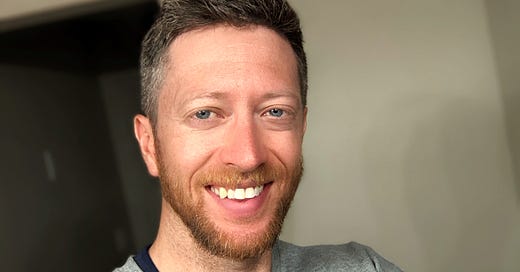Informed Patient + Fair Pricing = Thumbs Up
An educated health care consumer combined with honest billing practices leads to an equitable outcome.
Two weeks ago my nephew Josh Stone sliced a deep gash into the tip of his thumb.
What followed was truly astonishing. Josh navigated to the most appropriate medical provider - an urgent care, not the emergency room. He received excellent care and fair and transparent prices up front, at the time of service. In short, Josh didn’t get ripped off by the Am…
Keep reading with a 7-day free trial
Subscribe to Marshall Allen Project to keep reading this post and get 7 days of free access to the full post archives.





